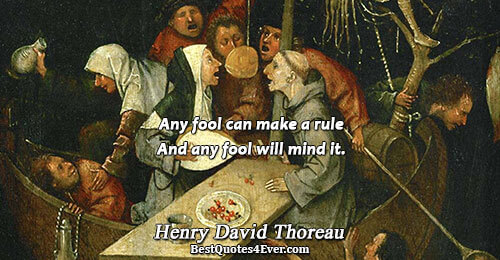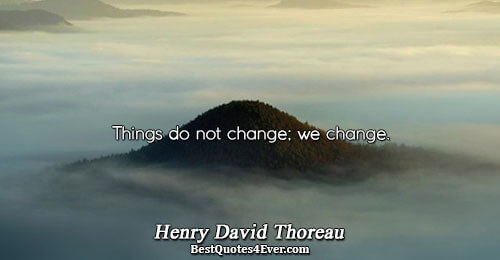Biography
Type: American author, Poet, Philosopher, Abolitionist, Naturalist...
Born: July 12, 1817, Concord, Massachusetts, Uni
Died: May 6, 1862 (aged 44), Concord, Massachu
A leading transcendentalist, Thoreau is best known for his book Walden, a reflection upon simple living in natural surroundings, and his essay Resistance to Civil Government (also known as Civil Disobedience), an argument for disobedience to an unjust state.
Thoreau's books, articles, essays, journals, and poetry total over 20 volumes. Among his lasting contributions are his writings on natural history and philosophy, where he anticipated the methods and findings of ecology and environmental history, two sources of modern-day environmentalism. His literary style interweaves close natural observation, personal experience, pointed rhetoric, symbolic meanings, and historical lore, while displaying a poetic sensibility, philosophical austerity, and "Yankee" love of practical detail. He was also deeply interested in the idea of survival in the face of hostile elements, historical change, and natural decay; at the same time he advocated abandoning waste and illusion in order to discover life's true essential needs.
He was a lifelong abolitionist, delivering lectures that attacked the Fugitive Slave Law while praising the writings of Wendell Phillips and defending abolitionist John Brown. Thoreau's philosophy of civil disobedience later influenced the political thoughts and actions of such notable figures as Leo Tolstoy, Mahatma Gandhi, and Martin Luther King, Jr.
Selected works:
Aulus Persius Flaccus (1840)
The Service (1840)
A Walk to Wachusett (1842)
Paradise (to be) Regained (1843)
The Landlord (1843)
Sir Walter Raleigh (1844)
Herald of Freedom (1844)
Wendell Phillips Before the Concord Lyceum (1845)
Reform and the Reformers (1846–48)
Thomas Carlyle and His Works (1847)
A Week on the Concord and Merrimack Rivers (1849)
Resistance to Civil Government, or Civil Disobedience, or On the Duty of Civil Disobedience (1849)
An Excursion to Canada (1853)[
Slavery in Massachusetts (1854)
Walden (1854) A Fully Annotated Edition. Jeffrey S. Cramer, ed., Yale University Press, 2004
A Plea for Captain John Brown (1859)
Remarks After the Hanging of John Brown (1859)
The Last Days of John Brown (1860)
Walking (1861)
Autumnal Tints (1862)
Wild Apples: The History of the Apple Tree (1862)
The Fall of the Leaf (1863)
Excursions (1863)
Life Without Principle (1863)







